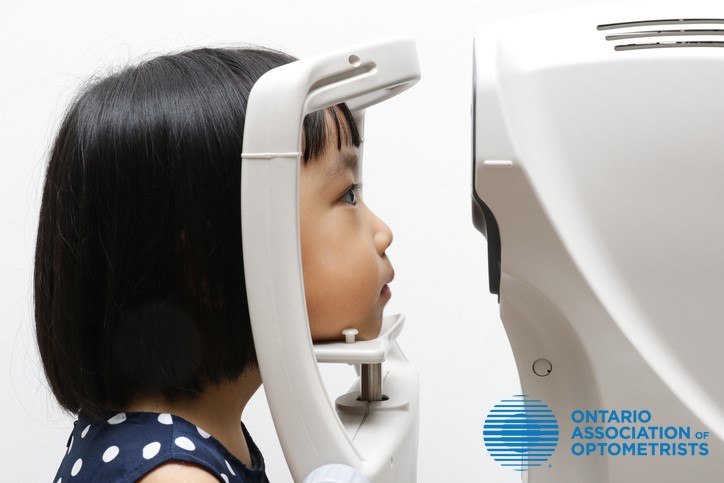Have you ever had trouble seeing things at a distance? Have you found yourself squinting in school or while driving? Have you wondered why you can’t see the details of something until you get closer to it? What you may have, is a condition called myopia.
In 2010, 28% of the world’s population suffered from myopia. But did you know that by 2050, it’s predicted that 50% of the world’s population will have myopia?1
Myopia, otherwise known has “short-sightedness” is caused by the eye growing which results in reduced distance vision. This condition causes physical changes to the eye, which increases risk of eye diseases such as retinal detachments, cataracts, and glaucoma.1
The good news is that current research shows there are ways to delay the onset and manage the progression of myopia. Some of the options widely used for myopia control include contact lenses, orthokeratology and executive bifocals.
Several factors must be considered when choosing a myopia control strategy. Some factors include family history, age of onset, ethnicity, progression of myopia, visual acuities, binocular vision and ocular health. Your myopia control practitioner may also use a myopia calculator which is an online tool that allows you to visually compare the possible progression of your myopia over time with and without intervention.1
What are the risk factors for developing myopia?1
| Age | 9 years old or less |
| Refractive Error | Less plus refraction than expected age |
| Parental Myopia | At least one parent with myopia |
| Ethnicity | East Asian |
| Time spent outdoors | Less than 1.5 hours per day |
| Time spent on near work | More than 2.5 hours per day |
How can you prevent or delay the onset of myopia? Increase the number of hours you spend outdoors and take regular breaks from near work.
Our optometrists will assist you in detecting if you are at risk for myopia, and if a control strategy is advised. Contact the office and arrange your eye examination today 289 309-1090 or e-mail us at info@perceptioneyecare.ca and one of our knowledgeable staff members will be able to assist you.
REFERENCES
1.Globalmyopiacentre.org. (2019). Home. [online] Available at: globalmyopiacentre.org.



